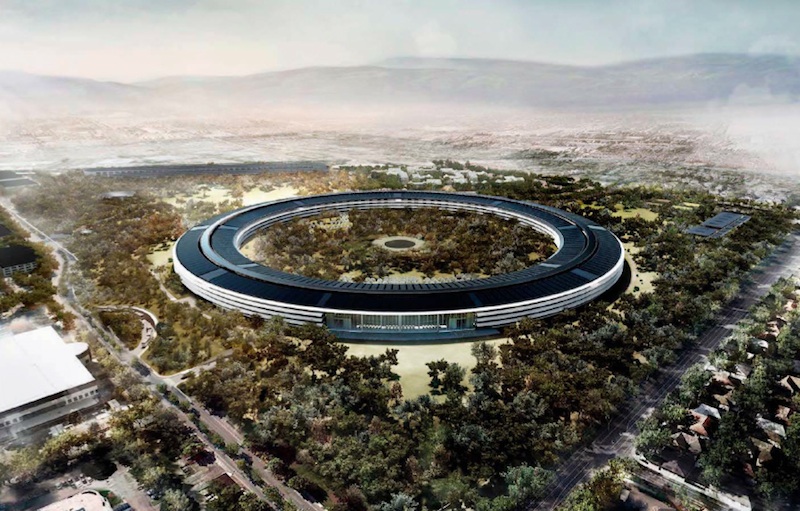Apple To Slow Hiring And Spending In 2023 – Report

Some teams at Apple will reportedly experience slow hiring and spending in 2023, as another tech giant tightens its belt
Apple is reportedly going to slow hiring and spending for a number of its teams in 2023, in the face of looming economic concerns.
This is according to Bloomberg’s Mark Gurman (a noted Apple leaker), after he reported that Apple won’t backfill roles or add new staff in certain cases, citing people with knowledge of the matter.
Apple is not alone in this regard. Google CEO Sundar Pichai last week in an email to staff warned that Alphabet plans to slow down hiring and consolidate investments through 2023

Hiring slowdowns
Microsoft recently confirmed it had begun cutting less than 1 percent of jobs as part of a structural adjustment, after warning the management the Windows and Office divisions in May to adopt a more conservative approach to hiring new people.
These moves come as the world faces inflationary pressures, rising fuel costs and food prices, caused in part by Russia’s illegal invasion of Ukraine, and the economic fallout from lockdowns imposed during the global Coronavirus pandemic.
Other tech firms are also making workforce adjustments.
Facebook parent Meta Platforms earlier this month scaled back its target for adding software engineers this year from 10,000 to around 6,000 to 7,000.
Tesla meanwhile is already restructuring its operations and is in the process of axing 10,000 jobs, after Elon Musk announced he had a “super bad feeling” about the economy and planned to cut headcount by 10 percent and “pause all hiring worldwide.”
Apple hiring
Now Bloomberg has reported that Apple plans to slow hiring and spending growth next year in some units to cope with a potential economic downturn.
According to Bloomberg, the changes would not affect all teams and Apple was still planning an aggressive product launch schedule in 2023 that includes a mixed-reality headset, its first major new category since 2015 when it introduced its first wearable, the Apple Watch.
IDC last month forecast that shipments of smartphones will decline 3.5 percent to 1.31 billion units in 2022.
After three consecutive quarters of decline and increasing challenges in both supply and demand, IDC significantly reduced its forecast for 2022 from the previous projection of 1.6 percent growth.
Apple is widely expected to launch a new version of its iPhone (the iPhone 14) and other wearable products in September.